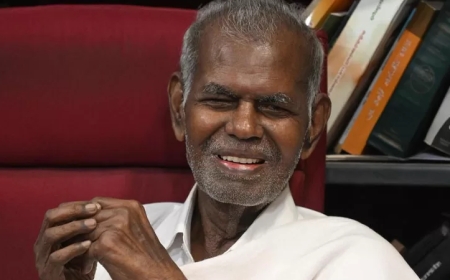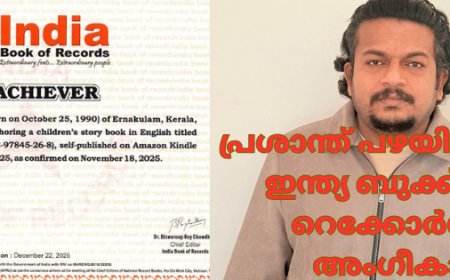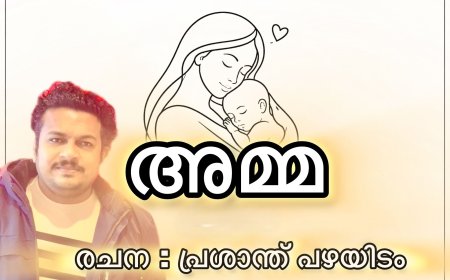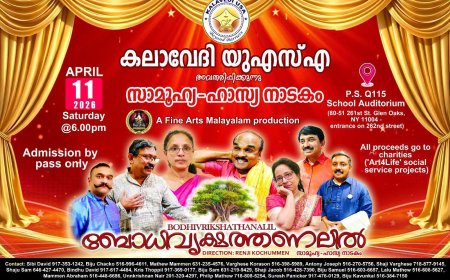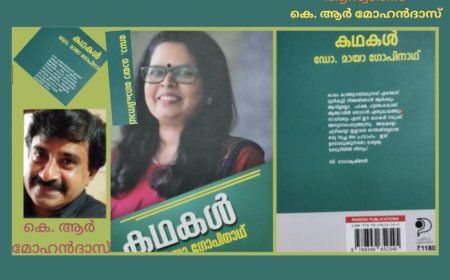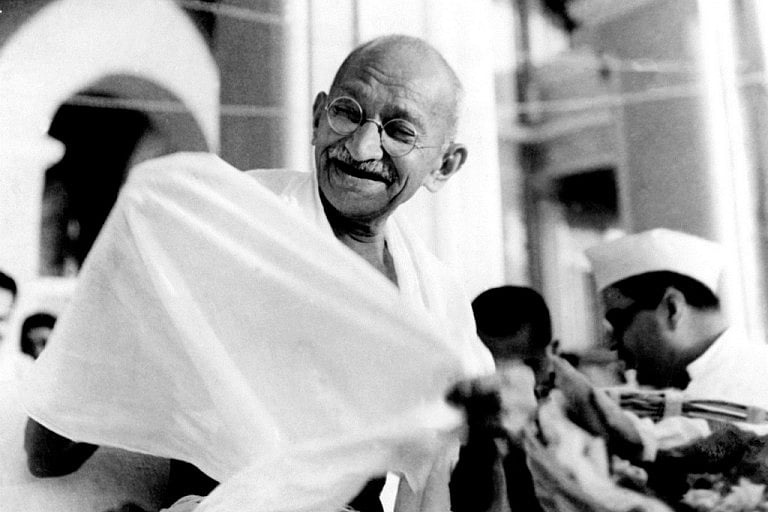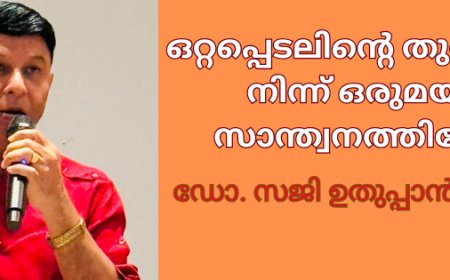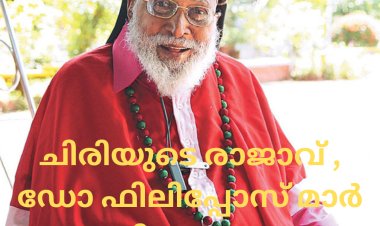Canadian Malayali writer Vidhu Philip shares her reading experiences of “Sita: Now You Know Me” by Sini Panicker

Sita: Now You Know Me (SNYKM), the debut novel of Sini Panicker, revisits the epic, Ramayana. As the name implies, the central character of the novel is Sita. The well-laid-out narration takes the readers on a journey through the life of Sita who turns into a mellowed and mature woman from an innocent 17-year-old girl.
It is quite apparent from the narration and design of the novel that the author's aim was to bring out different shades of the personality of Sita which have been overlooked by the traditional text. The ubiquitous all-bearing Sita that we are familiar with is far from the Sita we see in SNYKM.
The author has been successful in bringing out a stark contrast between the carefree fun-loving daughter of Janaka, and the abandoned powerful wife of Rama in the characterization of Sita.
SNYKM is presented in two layers: the outer layer is the familiar story of Ramayana and the inner layer digs deep down into Sita’s emotional and psychological self. The narration in the first person enables the readers to closely follow the inner thoughts and commotions of Sita.
Sita was shown as going through a whirlwind of emotions at several occasions. For example, “I wanted to kill her, right then and there; all I needed was a bow and arrow”, were Sita’s thoughts about Kaikeyi when they had to face her to say goodbye before their exile.
It came as a surprise to me that Sita had such thoughts and feelings; all this time I looked at Sita as a dutiful woman who did what was asked of her! SNYKM strikes at all the feminist notes in the characterization of Sita.
The injustice and unfairness faced by Sita have been rightfully presented in the novel. Readers could not help empathize with Sita. The author never attempted to put Sita on a pedestal. Sita reflects the everyday life of common women, which makes this novel appealing to its readers, especially women. Oftentimes, a reader like me would stop to imbibe that Sita’s thoughts and feelings were not different from what I have experienced in life!

Vidhu Philip.
In our society, the thoughts and emotions of a woman are not expressed well in general; neither in a novel nor in real life! Until recently, expressing a woman’s feelings and emotions and discussing it in public was a taboo topic.
Remarks such as “Oh. Isn't that what all women do generally?” Or “It is what women are supposed to do” are cliched everyday phrases heard around us. Likewise, I realized with a shock that I had been taking Sita for granted all these years before reading SNYKM. I never had a second thought about the inner struggles and turmoil that went through her mind, when Sita decided to follow her husband in exile or when she was abandoned until SNYKM pointed them out to me.
Sita’s indignation while being abandoned is rightly justified in SNYKM that the readers would be thoroughly convinced of her reasons for being angry and bitter.
Sita knew that there would be a court trial for her if Ram had to accept her back. However, she did not receive a trial when he quietly and secretly banished her using Lakshman.
Although Valmiki's ashram was only a chariot ride away from Ayodhya, Ram never attempted once in 17 years to visit Sita or their children. Such simple things that have been overlooked or taken for granted in the reading of traditional Ramayana is brought to light in SNYKM. The pain, injustice and unfairness Sita had to face are brought out very powerfully.
It is no mistake to call SNYKM a feminist reading of Ramayana. Although the novel leaves room to explore many more female characters such as Mandodari, Shoorpanaka, Lopamudra, Shruthi, etc. in detail, there are glimpses of them as women of power and stature in the novel.
A female character that really got my attention was Ram’s elder sister Shanta. She became nothing to her family or to her father, a very powerful king. A contrast is brought out between the upbringing of Sita and Shantha in SNYKM. It was interesting to read how Sita was trained to succeed her father in his old age, how she was taught horse riding and sword fighting, and even to rule a province.
The irony is that even though it was not intended, finally, Sita was forced to become ‘just a woman’. The author rightly said at the beginning of the novel “But fairness evades human life like a master illusionist in the most singularly fragmented moments of one’s existence. Afterwards, a broken life is reflected back from the hundreds of shattered shards, in anguish that is so pure and holy, any judgment or chastisement will be just another ritual to sanctify it”.
Sita: Now You Know Me received the FOKANA 2022 - Kamala Das Award for English Literature.












